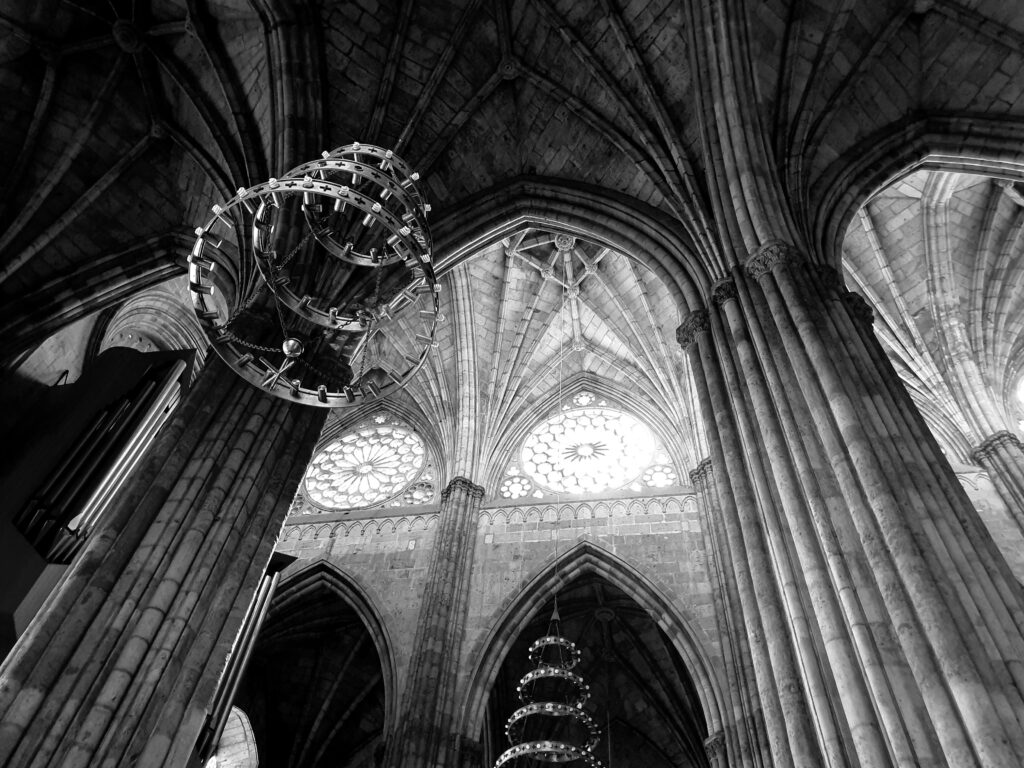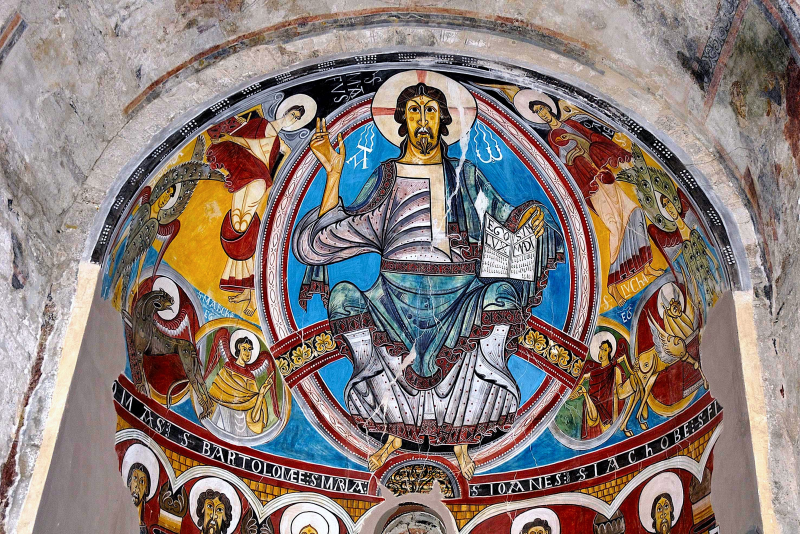The Challenges of the Next Pope and the Path of Grace
Leadership, Evangelization, and Unity in Times of Change

The next Pope will assume his ministry in a world marked by profound geopolitical, cultural, and spiritual transformations. However, the Church is not merely a human institution, but the Body of Christ, guided by the Holy Spirit. From this supernatural certainty, the new Pontiff must face the challenges with absolute confidence in the primacy of grace, renewing the call to holiness, promoting evangelization, and promoting the unity of the Church amid the tensions of today’s world.
1.The Universal Call to Holiness: A Path of Grace
The Church’s greatest challenge is not structural or political, but spiritual. The world needs saints, and the Pope’s mission will be to remind all the faithful that true transformation of society is born from a heart converted to God. The “Novo Millennio Ineunte,” the exhortation of Saint John Paul II, remains relevant: Christianity is not sustained by human strategies, but by life in Christ.
To achieve this, the new Pontiff must insist on the primacy of grace, remembering that it is God who takes the initiative and sanctifies his Church. A renewed spirituality of abandonment to God and trust in his mercy will be key to strengthening the faith of Christians in uncertainty.
2.Russia and China: The Church Facing the Giants of the 21st Century
Catholicism faces particular challenges in countries like Russia and China. In Russia, where the Orthodox tradition predominates, the possibility of a deeper ecumenical dialogue that seeks Christian unity is opening up. Saint John Paul II wished for the Church to breathe with its “two lungs,” East and West, and the next Pope must continue this path with humility and determination.
In China, the Church lives in constant tension between fidelity to Rome and the restrictions imposed by the regime. Evangelization in this context will require patience, prudence, and firm but open diplomacy, always with the confidence that the truth of the Gospel has the power to transform any reality.
3.An “outgoing Church” that evangelizes boldly
Evangelization is not optional. The Church exists to proclaim Christ, and the next Pope must revitalize the mission, unafraid of the cultural challenges of secularization. This implies recovering missionary zeal, with Catholics who live their faith with coherence and joy, in all settings: family, work, society, and politics.
It will be essential to promote new forms of catechesis and Christian formation that not only transmit knowledge but also lead to a real encounter with Christ. The priority is not to fill churches, but to form disciples who, with their witness, will be a light in the world.
4.Leading communication and the defense of values
In an age dominated by information, the Church cannot be a passive actor. It is crucial that the next Pope strengthen the Catholic presence in the media and digital platforms, leading the discourse on the fundamental values of human dignity, family, and truth.
This is not just about reacting to global trends, but about proposing an agenda based on the Gospel, illuminating culture with the truth of Christ. The Church must be a reference in the defense of life, justice, and peace, not through confrontation, but through charity and firmness in the truth.
5.The Unity of the Church: Synodality and Fidelity to Tradition
The new Pope must strengthen communion within the Church, promoting authentic synodality, in which all the faithful actively participate, but without falling into relativism or divisions. Unity does not mean uniformity, but fidelity to the teaching of Christ, transmitted through the apostolic Tradition.
Doctrinal challenges, debates over morality, and the tension between modernity and fidelity to the Magisterium will require firm leadership, capable of guiding the Church with charity and truth. Only in the unity of faith can we respond forcefully to the challenges of today’s world.
Trusting in Christ, Moving Forward with Hope
The next Pope will not walk alone. Like every successor of Peter, he will count on the assistance of the Holy Spirit and the prayer of the People of God. His mission will not be easy, but history shows that, in the most difficult moments, God’s grace is poured out with greater abundance.
The Church does not fear the future, because her hope is not in human structures, but in Christ’s promise: “I am with you until the end of the age” (Mt 28:20). With this certainty, the new Pope must guide the Church with courage, trusting that, beyond any crisis, God’s love remains the driving force of history.
 (EN)
(EN)
 (ES)
(ES)
 (IT)
(IT)





